European Commission President Ursula von der Leyen said on Tuesday that her institution was working hard on building "solidarity lanes" to facilitate food exports from Ukraine, in particular the over 20 million tons of grain blocked in the country's stores.
"It is not trivial, and it is, of course, more tedious and expensive, but it is necessary to get this wheat out," she said at the end of a two-day extraordinary summit of European Union (EU) leaders.
Earlier this month, the Commission proposed to establish new so-called "solidarity lanes" to ensure that Ukraine can export and import the goods it needs, from humanitarian aid to animal feed and fertilizers, as Ukraine's ports have been blocked due to the Russia-Ukraine conflict.
EU leaders have called on Russia to lift the blockade of Ukrainian Black Sea ports and to allow food exports. Von der Leyen said the EU will also step up its own food production and expects to export a record 40 million tonnes of cereals in 2022 and 2023.
"We call on all partners not to restrict trade on agricultural products. Any kind of trade restrictions have absolutely no place in our member states or globally," she said.
During the summit, EU leaders also reached an agreement on a ban on 90 percent of Russian oil imports to the EU by the end of the year.
Von der Leyen spoke about how the EU was looking for "more reliable suppliers" of gas, noting how liquefied natural gas (LNG) deliveries from other parts of the world other than Russia doubled in the first quarter of 2022 compared to the previous year.
She said gas storage across the EU stands at 41 percent of capacity, which is five percentage points higher than they were last year. She said the EU had to make "massive investment in renewables."








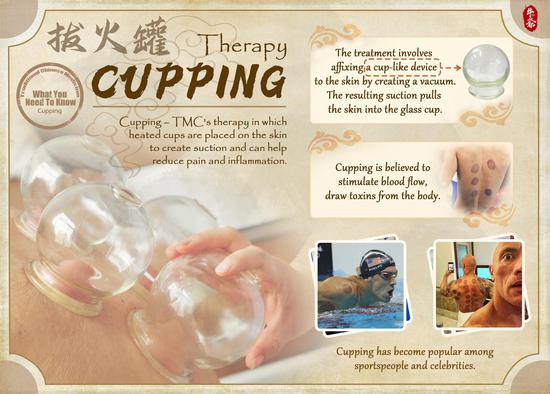
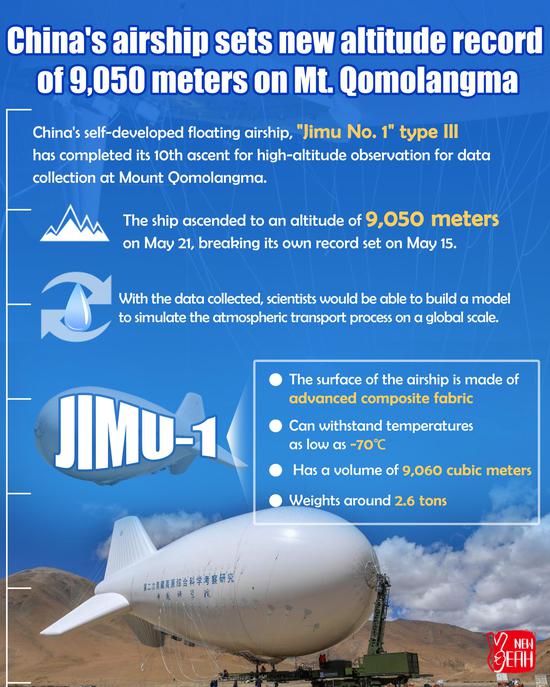
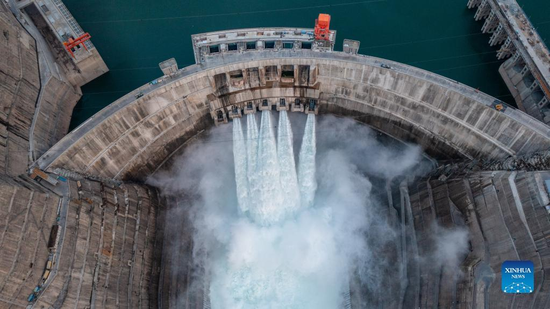
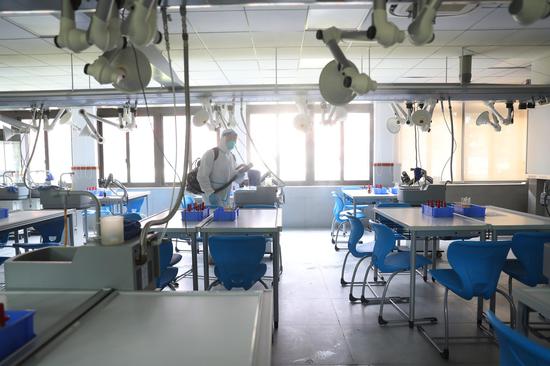
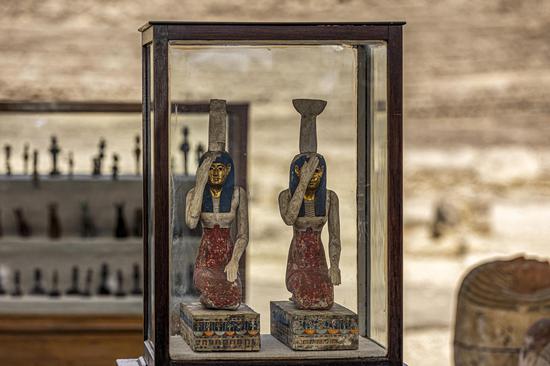
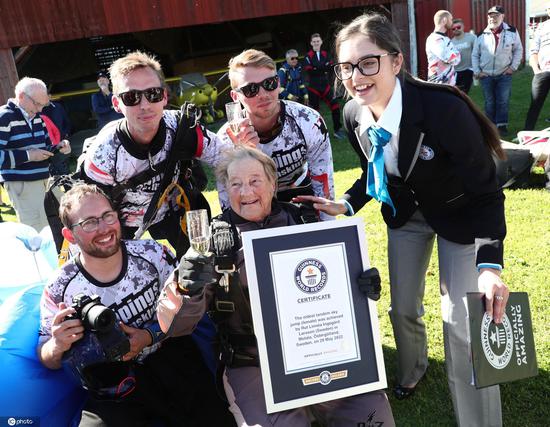
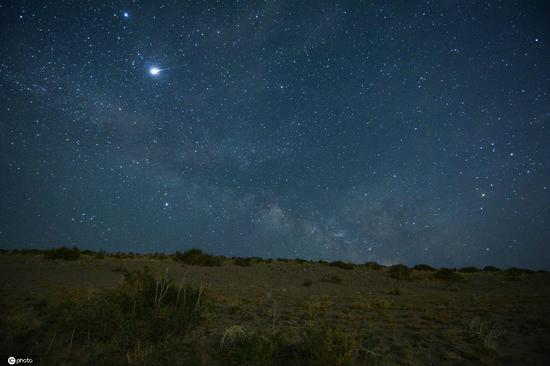
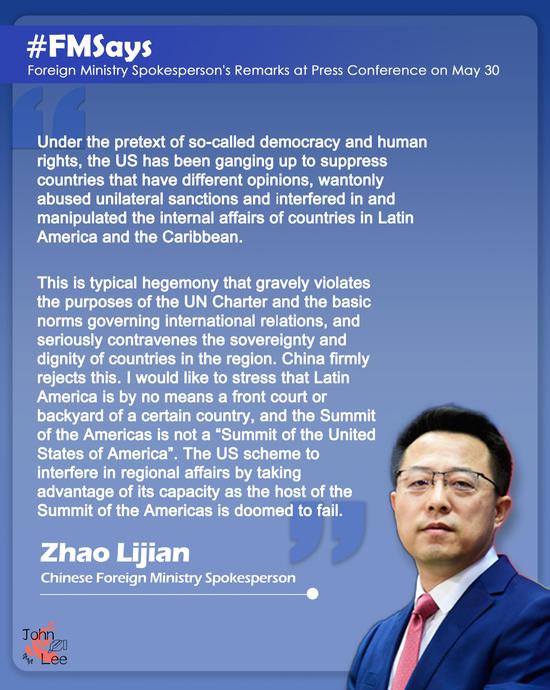
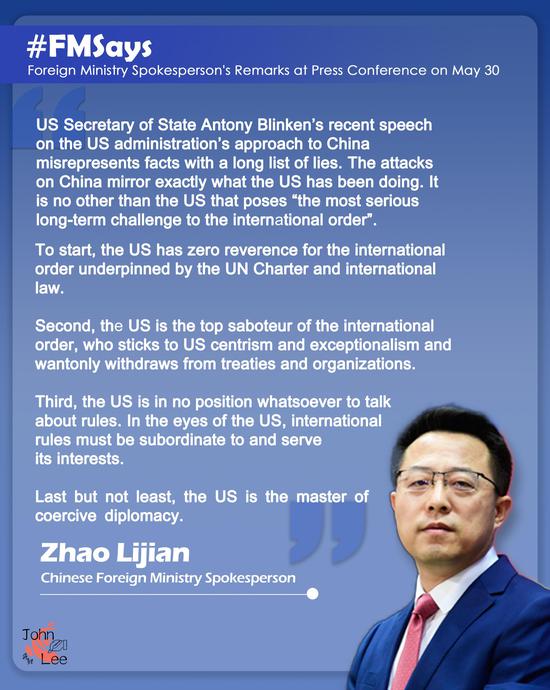
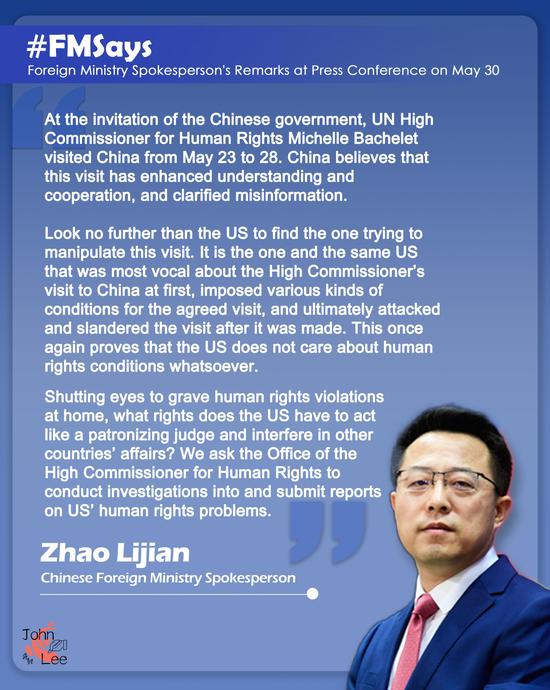

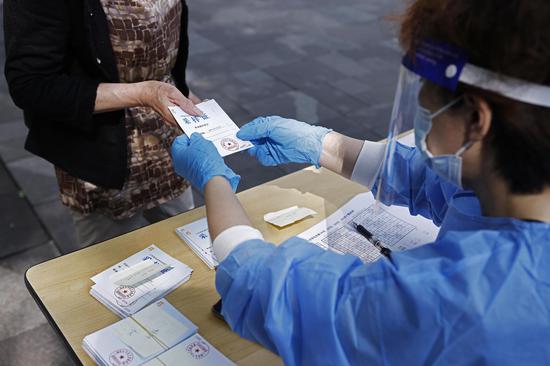

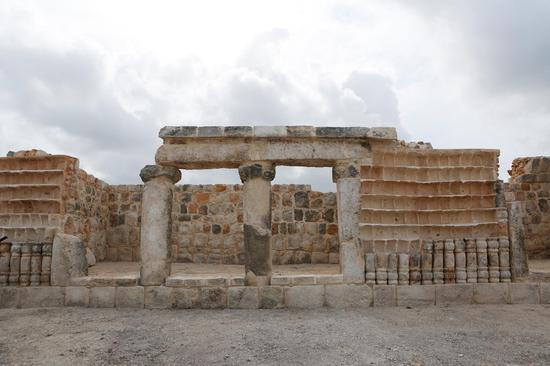
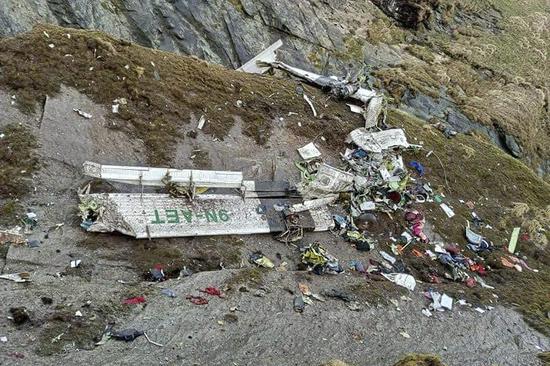
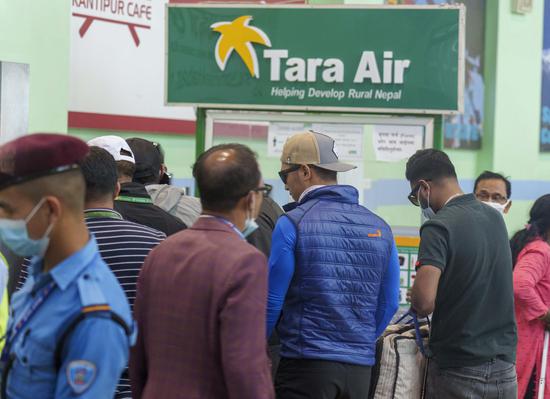
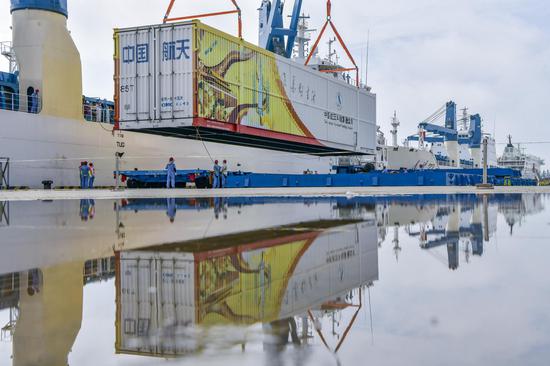
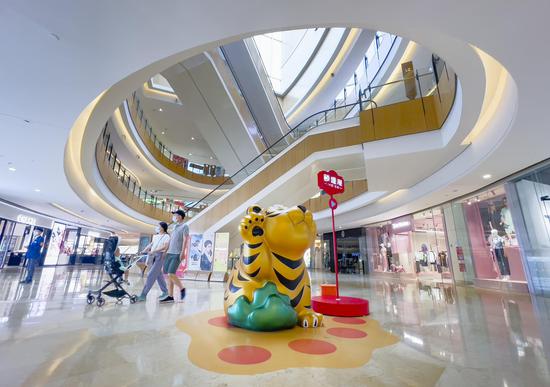
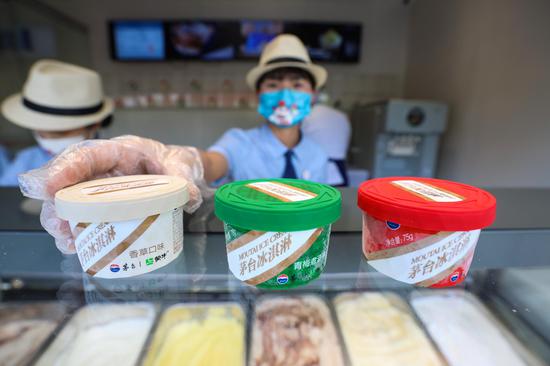
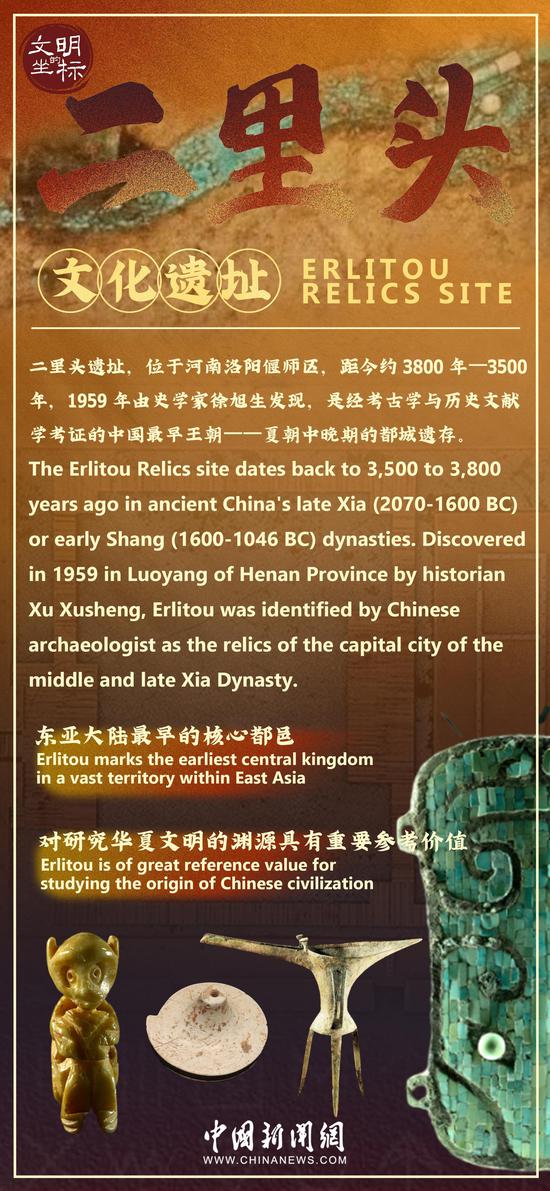
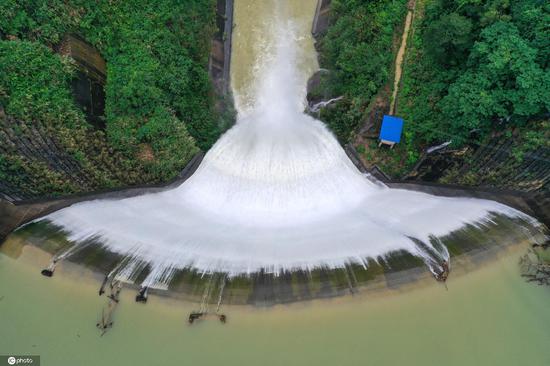
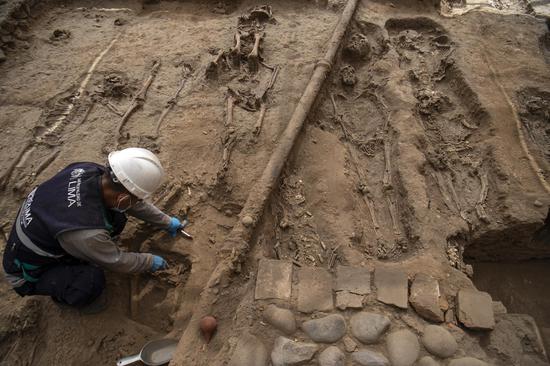
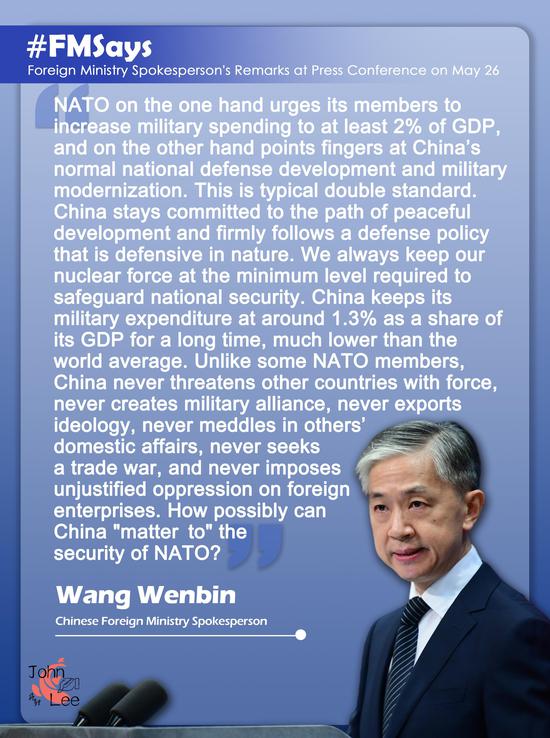
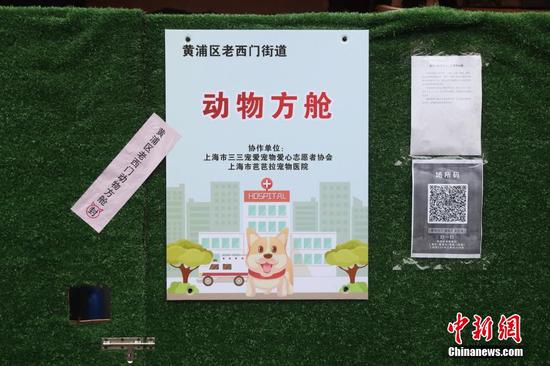
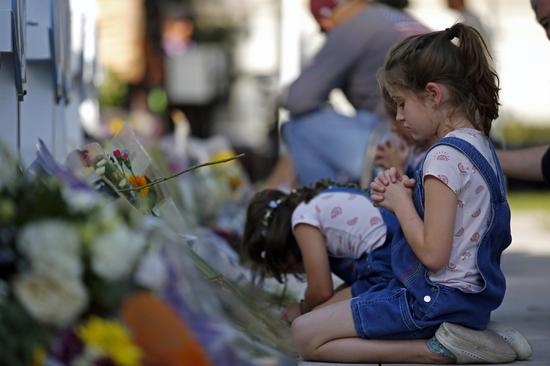

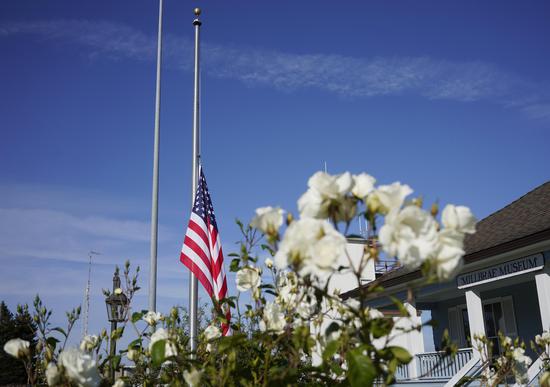
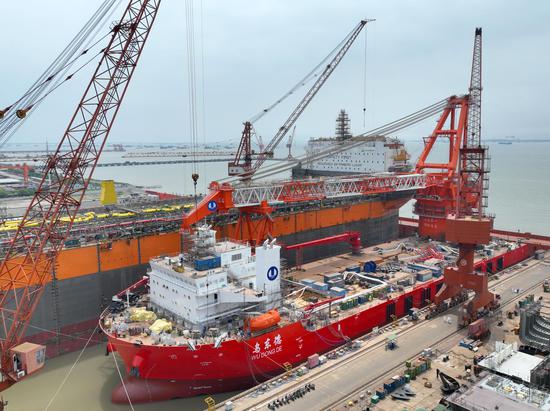
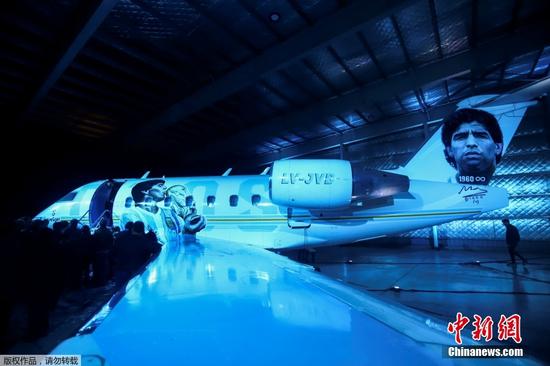
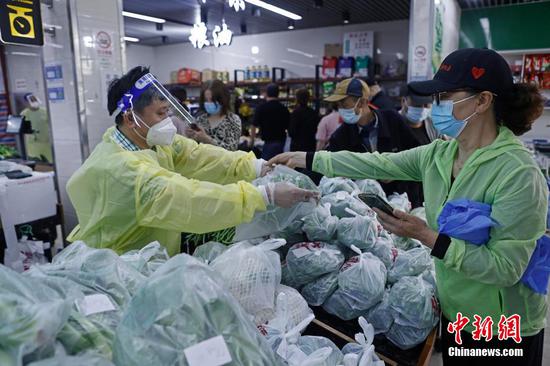
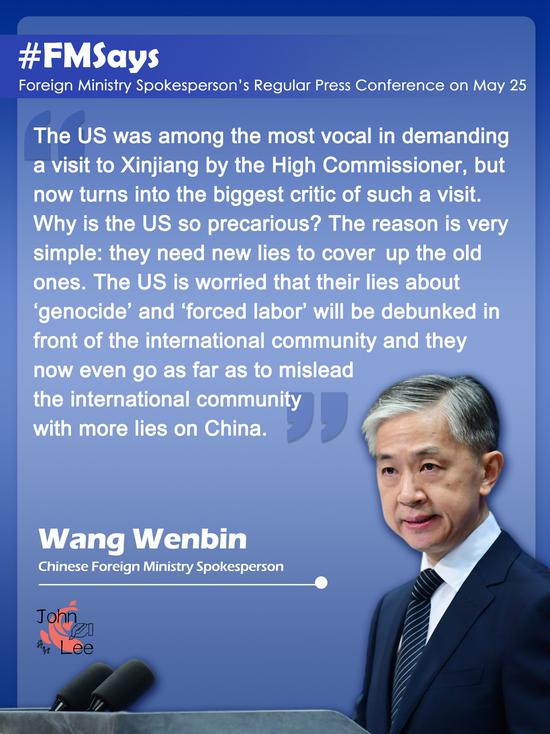
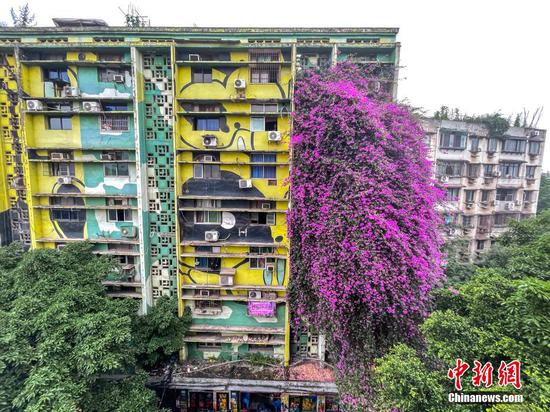
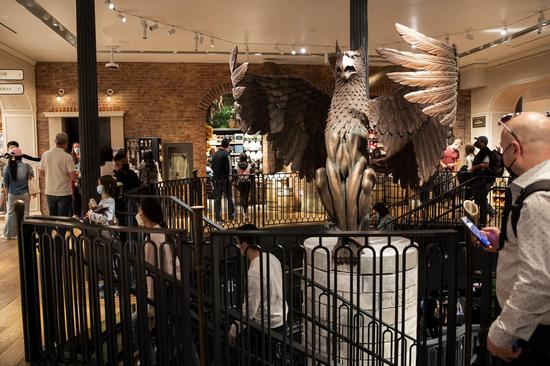
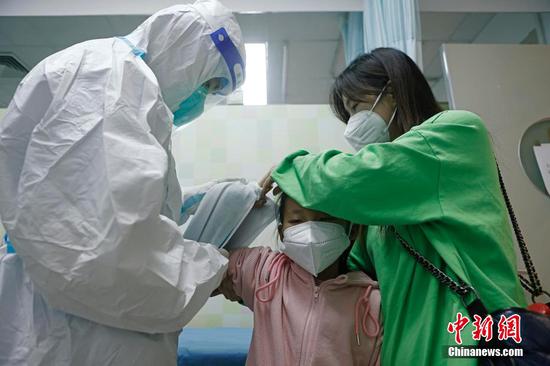
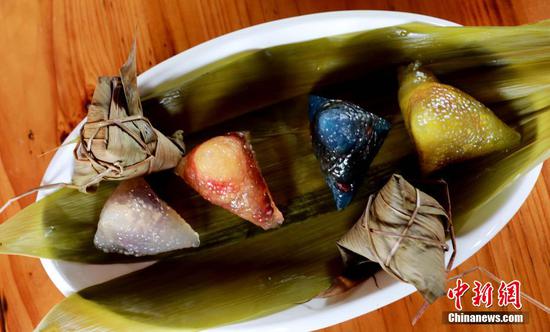
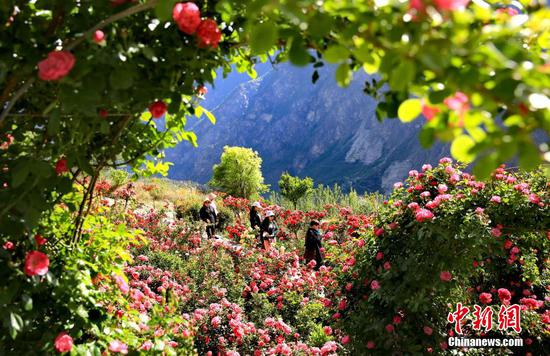
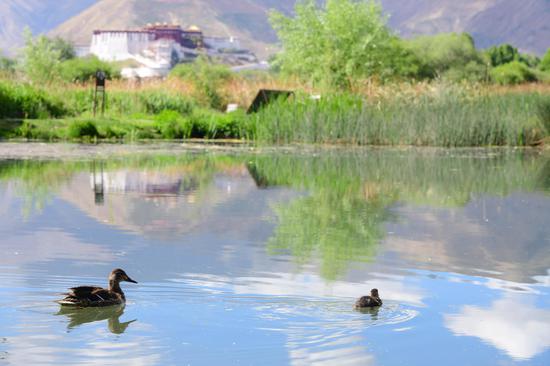





 京公网安备 11010202009201号
京公网安备 11010202009201号